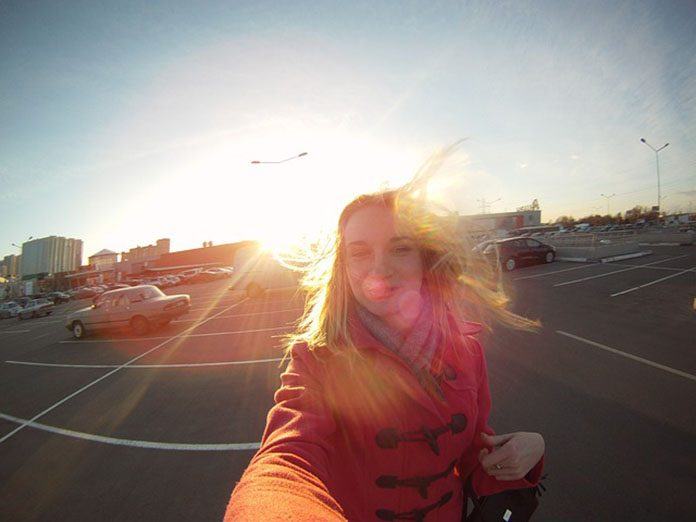Capturing And Sharing Photos Can Boost Positive Feelings. Previous research suggested that capturing and sharing photos from a smartphone can make you happy. Scientists found that the students can conflict the blues with some simple, intentional actions on their mobile devices. Similarly, frequent viewing of selfies through social network sites is linked to a decrease in self-esteem and life satisfaction.
Sometimes our gadgets also offer some benefits to us. The influence of our social networks can be a powerful motivator to encourage. Frequent viewing of selfies through social network sites is linked to a decrease in self-esteem and life satisfaction. Previously, various research was conducted to look at the motivation for posting and liking content. But they didn’t start to look at the effect of viewing behavior.
Penn State researchers in mass communication suggest that viewing behavior also called as lurking. It means when a person does not participate in posting or liking social content he/she is just an observer. Such kind of participation sound like it should have little effect on how humans to view themselves. But the research unveiled exactly opposite.
Scientists conducted an online survey to collect data. They tested the psychological effects of posting and viewing selfies and groupies. Graduate student Wang and Fan Yang works with associate professor Michel Haigh. They found, “posting behavior does not have essential psychological effects for participants, but, viewing behavior does. They found that the more often people viewed their own and others’ selfies, the lower their level of self-esteem and life satisfaction.”
Ruoxu Wang said, “People usually post selfies when they’re happy or having fun. This makes it easy for someone else to look at these pictures and think you’re his or her life is not as great as theirs.”
READ | Capturing And Sharing Photos Can Boost Positive Feelings
The participants were classified to have strong a strong desire to appear popular. This is even more sensitive to selfie and groupie viewing. In this case, Selfie and groupie viewing behavior increased the self-esteem and life satisfaction for these participants. It is because this activity satisfies them.
Scientists hope that their work will spread awareness. It may also effect on viewers of people’s social networks.
Yang said, “We don’t often think about how what we post affects the people around us. I think this study can help people understand the potential consequences of their posting behavior. This can help counselors work with students feeling lonely, unpopular, or unsatisfied with their lives.”
